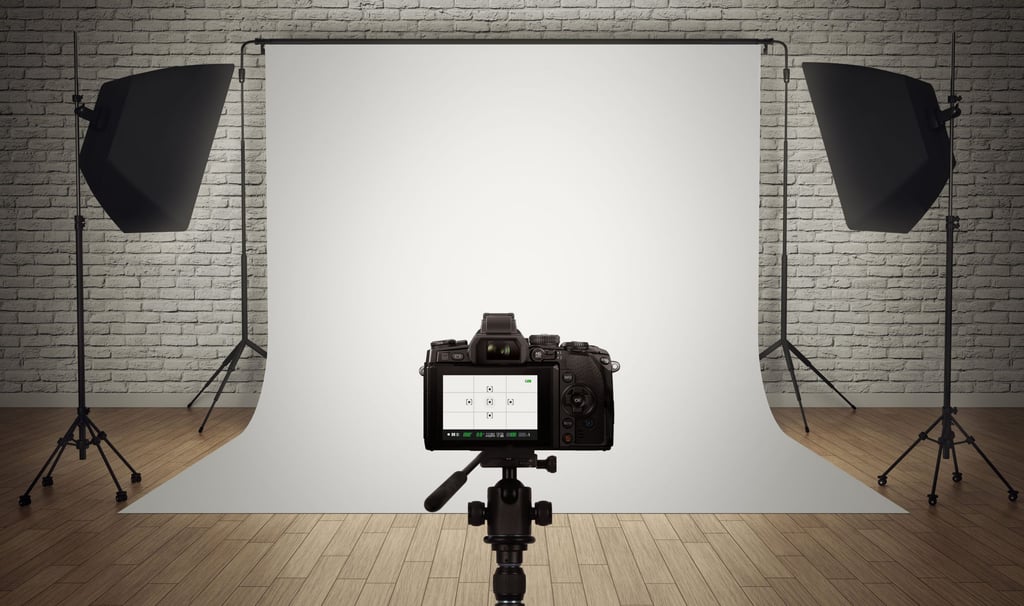Actionable Tips For Emerging Actors
This excerpt provides actionable tips for emerging actors that focus on securing auditions rather than just traditional training in character and script work.
Todd Karner
4/24/20242 min read


As actors we're often taught about building character, breaking down the script, and learning to live in the moment. These are all important pieces of the work, but they won't do you much good if you aren't getting seen. I'm going to give you three tips for new actors that will help you start “getting in the room” (or at least in front of a self tape camera).
Stop waiting for representation - Too many actors use not having representation as an excuse why they are not booking work. Yes, an agent or manager sees projects that are not released to the general public, but there are a ton of jobs out there that you can get on your own. Websites like Actors Access, Casting Networks, and Backstage are all good resources. They are subscription sites, so make sure you feel you are ready with your acting and audition technique before you start spending money. When you feel like you're ready, take 30 to 40 minutes every weekday and self submit. I guarantee you will find projects that you not only are interested in, but that are also paid.
Have a slate shot and demo reel - You should not only have a headshot uploaded to your profile on audition sites, but also a slate shot, (if the site allows you to attach one to a photo), and a short demo reel. You will be charged to add these to your profile, and I promise you the cost worth it. When you submit to a project on most sites, if you don't have a slate shot or demo reel, it will automatically push you to the bottom of the list of applicants; if you have these two things attached to the submission it will push you to the top of the list.
You can make your own demo reel - Often new actors will audition for unpaid student films and short films to get paid in “footage”. This can be a good way to get reel footage, but if they are new filmmakers you are never guaranteed quality, or even if you will ever see a copy of the film. Also there are various “reel companies” out there that will write material for you, find you a scene partner, and shoot and edit quality footage for you . Again, this can be a good way to get demo footage, but they are usually very expensive, so if you don't have an extra thousand dollars (or more) laying around I wouldn't necessarily recommend it. The best way for new actors to get a short demo without breaking the bank is to shoot it themselves. Now I’m not talking about writing a short film and getting the lighting, and camera, and sound, and all the other things you would need to put that together. I will always encourage actors to be creating their own material, but that is a conversation for another update. To make a short demo reel for yourself, simply create a really good self tape setup, with great lighting, and where it is quiet. Then pick a scene or monologue that you feel passionate about and really shows you off, then self tape. That's it. When looking at it the casting director won't be looking for lighting, sound, direction, editing, etc...all they will see is you and your performance.
Using these three tips you will start seeing more auditions roll in. The next step is learning how to nail those auditions, so keep an eye out for a new update that will help you do just that.
For more information, or to sign up for classes email todd@ActorsAccents.com.
